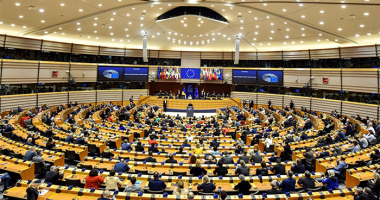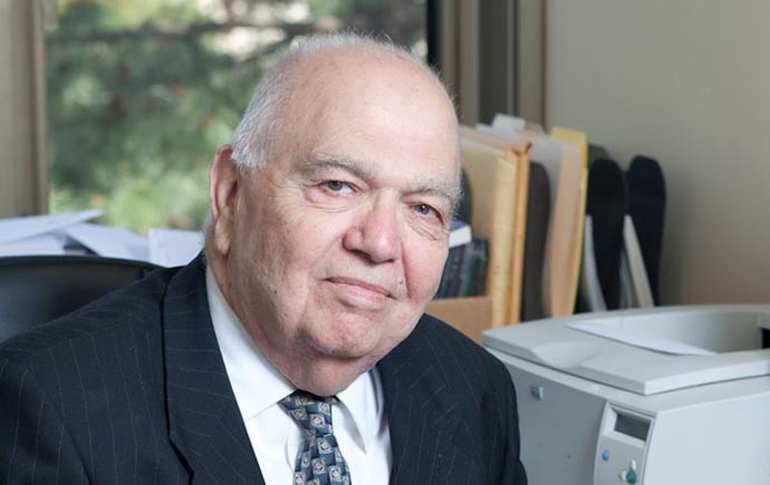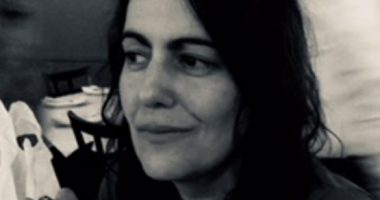By Hambersom Aghbashian
Deniz Türkali, (born in Istanbul in 1944) is a Turkish actress and singer. She studied at Nişantaşı High School and Şişli College. After two years in Şişli, she continued her education in London and attended the conservatory there. Her days at Nişantaşı High School can be considered as a turning point as she started acting in those days. Deniz Türkali is an experienced actress and screenwriter who has made many contributions to Turkish cinema and stage. In Addition to her interest in cinema, she is also interested in music. She recorded an album named “Şehvet” and played in many cinema movies and TV shows including Galip Derviş, Hürrem Sultan, Gece Melek ve Bizim Çocuklar and many others, also wrote scripts. Her passion for music helped her achieve success in solo plays. Deniz Türkali was a journalist for “Kaktüs” magazine and wrote articles on various issues for Milliyet, Hürriyet and Radikal newspapers. Currently she gives acting and specking lectures and plays for DOT Tiyatro and 2.Kat Tiyatro. Türkali was first married to the Italian singer Ernesto Casalini. then to the well know Turkish director Atıf Yılmaz, with whom she spent almost half of her life before his passing away. Her daughter Zeynep Casalini is also an artist. Deniz Türkali is now editing her book “Dishes of My Life” which was written by Murat Çelikkan.
The works of Hrant Dink came into life with the voices of Memet Ali Alabora, Okan Bayulgen, Haluk Bilginer, Yetkin Dikinciler, Halil Ergun, Pakrat Estukyan, Arsen Gurzap, Banu Guven, Nejat Işler, Tuncel Kurtiz, Fikret Kuskan, Omer Madra, Lale Mansur, Meral Okay, Dolunay Soysert, Nur Surer, Cetin Tekindor, Deniz Turkali and Serra Yilmaz. The concert was part of Hrant Dink commemoration events which took place during January 2008 and consisted of different cultural activities, lectures, music etc., where many intellectuals and artists participated in it.(1)
Deniz Türkali was one of the 200 Turkish prominent intellectuals who in December 2008, released an apology for the “great catastrophe of 1915″ which was a clear reference to the Armenian Genocide, a term which is still too sensitive to use so openly in Turkey. The signatories also announced a website related to this apology, and called on others to visit the site and sign the apology as well. The brief text of the apology was: “My conscience does not accept the insensitivity showed to and the denial of the Great Catastrophe that the Ottoman Armenians were subjected to in 1915. I reject this injustice and for my share, I empathize with the feelings and pain of my Armenian brothers and sisters. I apologize to them.” (2)
According to Today’s Zaman daily, September 26, 2014, Turkish scholars, artists, and writers harshly condemned primary and middle school textbooks that are replete with anti-Armenian rhetoric in Turkey, and demanded that the books be pulled from circulation. In a statement issued in September, the signatories wrote, “After immediately pulling the ‘History’ and ‘History of the Turkish Revolution’ textbooks from circulation, apologies should be issued to all students, particularly to Armenian ones. As we approach 2015, the road to Turkish-Armenian peace that we long for passes through here.” The textbooks portray Armenians as traitors who plotted with foreign enemies to tear apart the Ottoman Empire and Turkey, and as mass murderers of innocent Turkish and Muslim women and children while Muslim men were waging a war of survival. The textbooks, all published over the past few years and approved by a special commission of Turkey’s Ministry of Education, are also mandatory in Armenian schools in Turkey. Deniz Türkali was one of the intellectuals who signed the statement. (3)
1- http://blogian.hayastan.com/2008/01/14/hrant-dink-commemoration-events/
2- http://www.armeniapedia.org/wiki/200_prominent_Turks_apologize_for_great_catastrophe_of_1915
3- http://www.todayszaman.com/national_group-of-intellectuals-condemn-anti-armenian-statements-in-textbooks_359935.html










